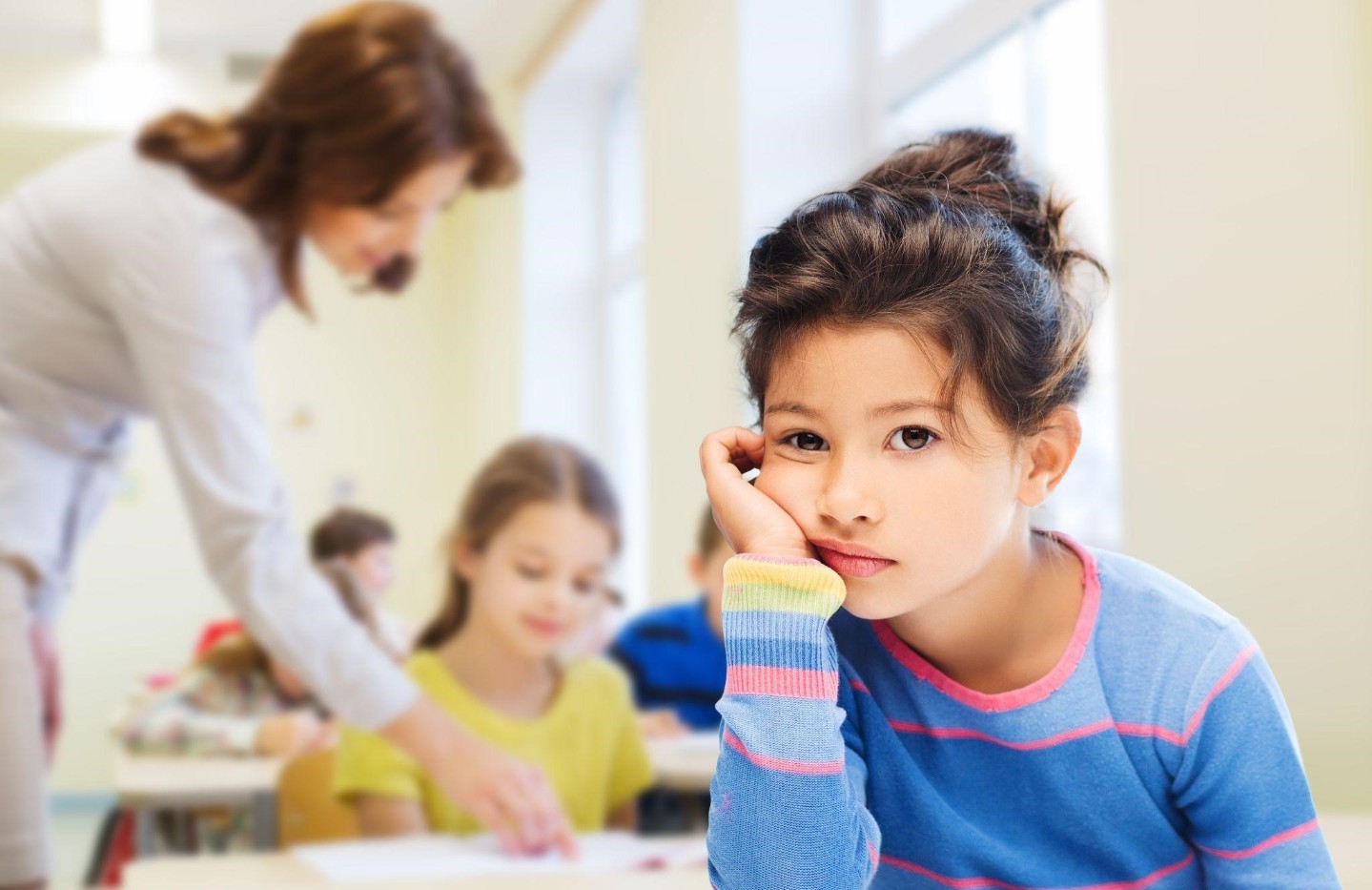Your Heart: A Lifelong Love Affair – Top 5 Tips from a Cardiologist
FEB 11, 2026Top 5 non-negotiable ways to keep your heart healthy and thriving, from a Cardiologist's perspective.
Read More
School days are busy days for kids and families. As they get older, school becomes more demanding, activities stack up, social circles grow and their bodies begin to change. While their schedules are full, their sleep often suffers.
School kids of all ages need around 9 to 11 hours of sleep a night, according to the National Sleep Foundation (NSF).
Teenagers, in particular, are at the greatest risk of not getting enough zzzzs. It’s as important as the air they breathe but only about 15 percent of teens get eight-and-a-half hours of sleep on school nights, according to the NSF.
“Too little sleep can have a significant impact on attention and memory formation,” said Robert Kemp, CHI St. Alexius Health family medicine physician. “And that can interfere with school performance. Sleep deprivation can also lead to depression and can impair the body’s immune system.”
“Cumulatively, teenagers could end up eight hours sleep deprived by the end of the school week,” said Menelik Mulu, CHI St. Alexius Health pediatrician. “The lack of adequate sleep time affects concentration, mood, wakefulness, poor school performance and poor athletic performances. To perform their best, teens need more sleep than young children and adults.”
“The developing brain that’s undergoing a lot of hormonal shifts needs more time to rest and regenerate,” he said.
To ensure your children are getting enough sleep, Dr. Mulu said the best course of action is to develop a routine and stick with it on the weekends. “This helps your body get into a regular rhythm,” he said. “If it’s not possible to maintain a routine on the weekends, take an afternoon nap.” His advice:
Getting enough sleep is just one piece of the puzzle when it comes to a healthy student. Another challenge is making sure that sleep is restful.
“When you’re looking at blue lights right before bed, it decreases the amount of melatonin, increases our arousal and turns our brain back on because it’s almost like it’s mimicking daylight,” said Dr. Kemp. “Then, it’s harder to fall asleep and when you do fall asleep, it’s less restful because you have less rapid eye movement (REM) sleep.”
Any type of screen can contribute to a restless night. Dr. Kemp’s recommendations for healthy rest include:
“The worst thing you can do is have a TV or computer in your child’s bedroom,” Dr. Kemp said. “Reading a book before bed is different because it’s not stimulating visual receptors that make the melatonin stop secreting.”
As parents and kids prepare for the start of the school year, we hope this advice will be an important part in your preparation tool kit. Good luck kids and parents alike!

Top 5 non-negotiable ways to keep your heart healthy and thriving, from a Cardiologist's perspective.
Read More
With heart disease, a significant portion of its power comes from specific, identifiable risk factors. Learn how to combat them.
Read More
An interventional cardiologist performs procedures that frequently involve small tubes called catheters to diagnose and treat conditions affecting the heart and blood vessels.
Read More